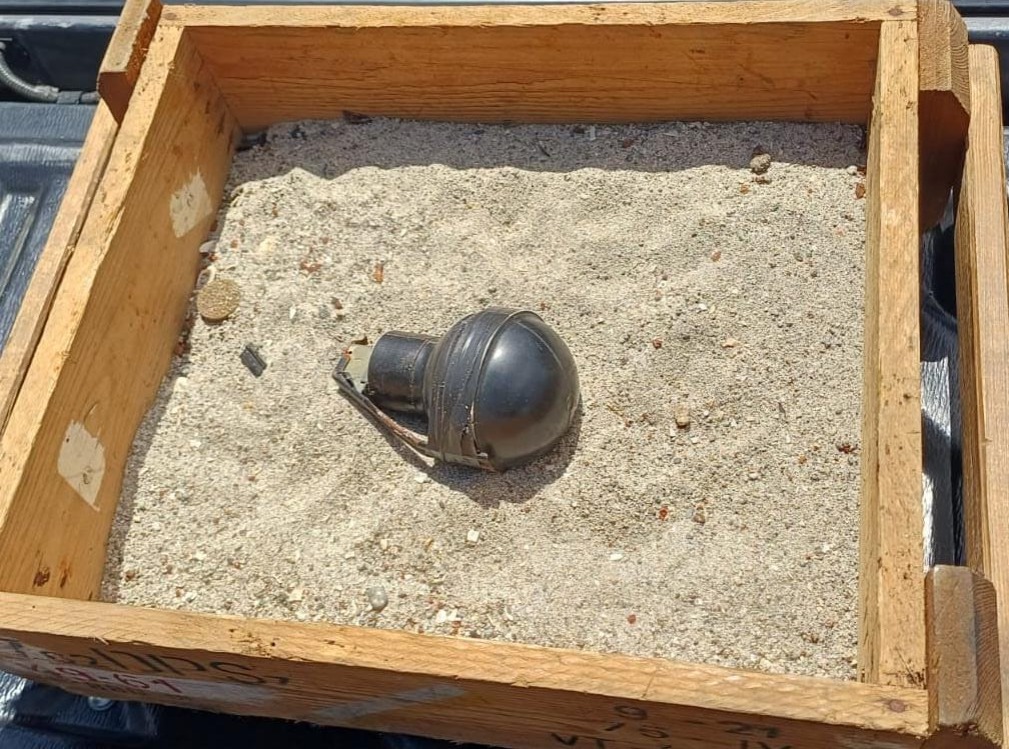A battle to change dental caries crisis in Panama

Figures released by Panama’s Ministry of Health (MoH), show that 92% of Panama's population suffers from dental caries or other oral-dental diseases.
The problem is compounded by bad eating habits, the high cost of private dental care, lack of access to clinics, poor dental hygene and lack of fluoride.
The Regional Director of Health Atenay Lorenzo Ruiz, said that since January 25, the MoH has been working on a campaign "Smile, we care about your oral health," which promotes a balanced diet, oral hygiene, use of fluoride toothpaste and dental visits.

The MoH regional head of Oral Health Lourdes Cedeño Gomez said that in the province of Chiriqui alone there are dental clinics in 34 health centers, where care is provided free to children under age five and pregnant women. Other centers exist across the country
Abel Gómez Goff, adentist at the polyclinic Gustavo A. Ross said that most dental problems that come to the clinic are caries, particularly in adolescents and children as well as other diseases of the gums that impact on the overall health of the person.
"The mere fact of not having good oral health create a deterioration in the body and hence a loss in quality of life in a gradual way," he said. According to Goff, associated with economic problems, lack of access to services and the high cost of private dentistry, causes the population to lose the teeth decade after decade, , to the point that in the third and fourth decade they must wear a prosthesis.
According to the MoH, dental caries is a transmissible infectious disease caused by mutans streptococci, lactobacilli and other acid-producing bacteria.
The white spot lesions on teeth are the first visible signs of tooth decay. Therefore, say dentists must re-mineralize the teeth with calcium and phosphate in saliva, which can "heal" early cavities.
The treatment of lesions in the enamel can be done with fluoride and antimicrobial solution before the injury reaches the dentin. However, they argue that prevention is ensured by fluoridation of salt, which can reduce cavities by 84% at an annual cost of six cents per person.

A 2010 epidemiological study of 12,730 people between 5 and 75 years conducted by the Gorgas Memorial Institute in various regions of the country between 5 and 75 years revealed that 90% suffered from dental caries by poor eating habits and poor oral hygiene.
The survey involved scores of dentists traveling in remote regions of the country, often traveling on foot, by horseback and canoe, and carrying backpacks loaded with equipment. They often slept in locations without electricity and running water.
A further Gorgas study is underway with students between 10 and 14 years of age.





